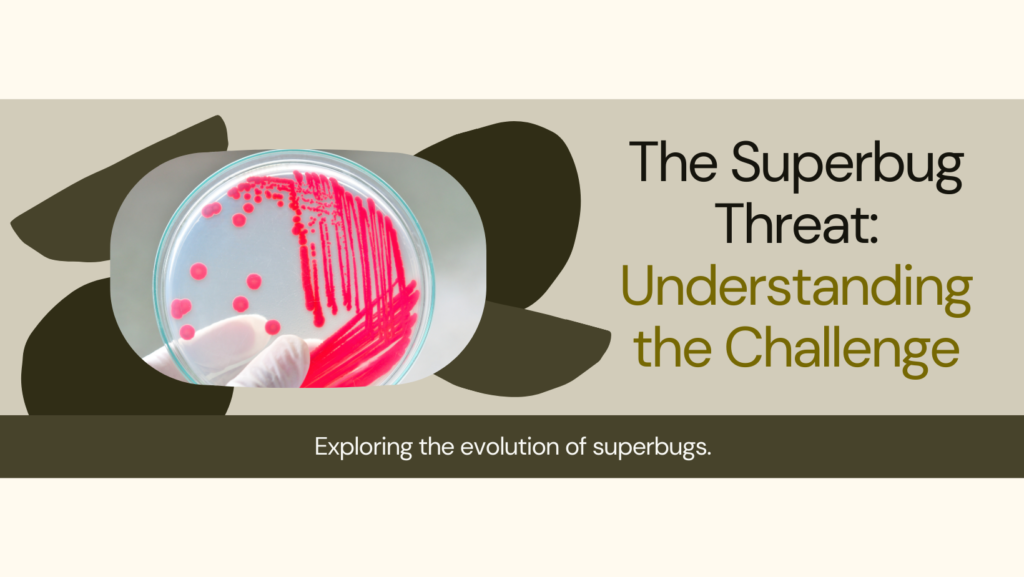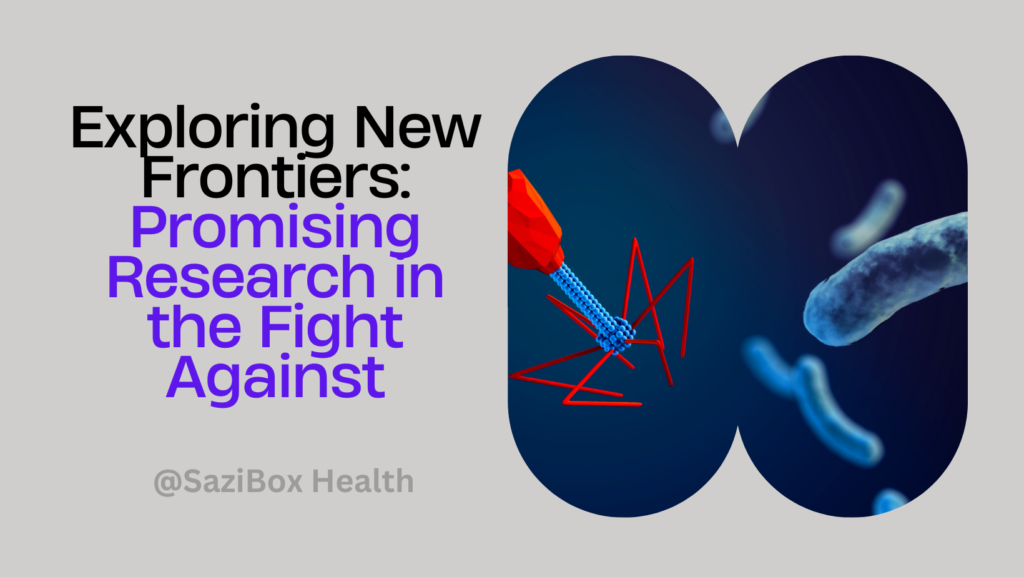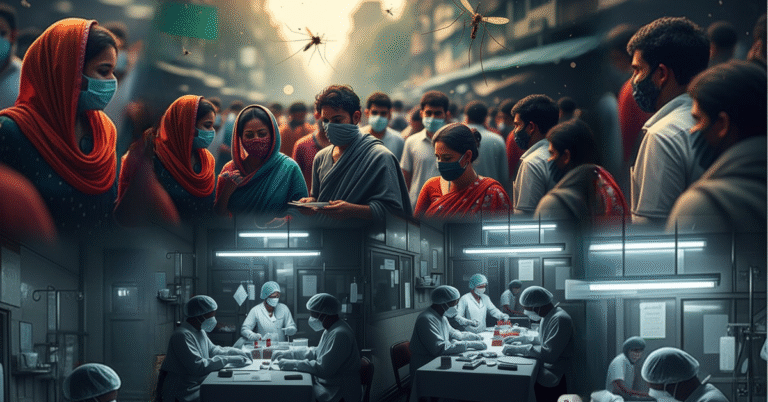
The rise of antimicrobial resistance (AMR), commonly known as superbugs, poses a significant threat to global health. These resistant bacteria, viruses, fungi, and parasites render existing treatments ineffective, making even minor infections potentially life-threatening.
But there’s hope! International collaboration is the key to tackling this complex global challenge. This interactive exploration delves into the power of collaboration and highlights ongoing efforts to combat the superbug threat.
The Interactive Map: A Global Fight
Click on different regions of the world on the interactive map below to discover ongoing international collaborations in the fight against superbugs. Each region will showcase specific initiatives, research partnerships, and success stories.
Interactive Map
Beyond the Map: Key Aspects of International Collaboration
International collaboration against superbugs focuses on several key areas:

- Joint Research and Development: Sharing research data, expertise, and resources across borders is crucial for accelerating the development of new antibiotics and alternative therapies.
- Surveillance and Monitoring: Collaborative efforts to track antibiotic resistance patterns globally are essential for identifying emerging threats and informing prevention strategies.
- Antimicrobial Stewardship: Promoting responsible antibiotic use at individual, healthcare facility, and national levels helps curb the emergence of resistant strains.
- Capacity Building: Sharing knowledge and resources with developing countries strengthens their ability to combat superbugs and improve infection control practices.
Engaging the Public: Your Role in the Fight
Combating superbugs requires not just international cooperation but also active public participation. Here’s what you can do:
- Take the Interactive Quiz: Test your knowledge of superbugs and their spread http://Superbug Challengehttps://quizizz.com/embed/quiz/6637986d7befa9176782d793
- Practice Antibiotic Stewardship: Only take antibiotics when prescribed by a doctor and complete the entire course as directed.
- Spread Awareness: Share information about superbugs and the importance of responsible antibiotic use within your community.
- Support Research and Advocacy: Consider donating to organizations researching new antibacterial therapies and advocating for improved access to antibiotics globally.
Shining a Light on Collaboration: Global Success Stories
International collaboration against superbugs isn’t just theoretical; it’s already yielding positive results. Here are a few inspiring examples:
- Europe: The European Antimicrobial Resistance Surveillance Network (EARS-Net) is a prime example of successful collaboration. This network, coordinated by the European Centre for Disease Prevention and Control (ECDC), facilitates real-time data sharing on antibiotic resistance patterns across Europe. This data is crucial for informing public health interventions and guiding antibiotic use policies.
- Africa: The AMR Challenge Fund is a global funding initiative specifically focused on low- and middle-income countries. This public-private partnership supports research and development efforts to address AMR in Africa. One such project involves developing new diagnostic tools to identify specific bacterial infections, allowing for more targeted antibiotic use and reducing the unnecessary use of broad-spectrum antibiotics.
- Asia: The WHO Regional Office for South-East Asia launched a five-year action plan to combat AMR in the region. This plan focuses on promoting responsible antibiotic use, strengthening surveillance systems, and encouraging research and development of new antimicrobials. These coordinated efforts aim to curb the rise of superbugs and ensure effective treatment options remain available in this densely populated region.
These are just a few examples of the many international collaborations working tirelessly to combat superbugs. By sharing knowledge, resources, and expertise, these partnerships are making a significant difference in the global fight against AMR.
Challenges and Solutions: Working Together Despite Hurdles
International collaboration, while powerful, faces its own set of challenges. Here are some key hurdles and potential solutions:

- Resource Allocation: Ensuring equitable distribution of funding and research resources across developed and developing countries is crucial. Initiatives like the AMR Challenge Fund offer a promising model for focused support in low-resource settings.
- Intellectual Property Rights: Balancing innovation with affordability requires creative solutions. Open-source research models and partnerships between public and private sectors can incentivize research and development while ensuring broader access to new antimicrobials.
- Regulatory Frameworks: Harmonizing regulations across countries can streamline clinical trials and expedite the approval process for new antibiotics. International collaboration can foster discussions and agreements to create a more efficient global regulatory environment.
The Future of the Fight: A Glimpse into Promising Avenues
The fight against superbugs is constantly evolving, with research exploring innovative solutions:
- Phage Therapy: This approach utilizes bacteriophages (viruses that specifically target bacteria) to combat bacterial infections. Phage therapy holds promise as a targeted and potentially less resistance-prone alternative to traditional antibiotics.
- Antimicrobial Peptides: These naturally occurring molecules produced by organisms have shown potential for fighting infections. Research is ongoing to develop synthetic versions or optimize naturally occurring peptides for broader application against superbugs.
- Nanoparticle Technologies: Nanoparticles can be engineered to deliver antibiotics directly to infected cells, reducing side effects and potentially overcoming some resistance mechanisms. Research in this area is promising, but further development is needed.

A United Front for a Healthy Future
The rise of superbugs poses a significant threat, but through international collaboration, we can overcome this challenge. By fostering research, knowledge sharing, resource allocation, and innovative solutions, we can ensure a future where effective treatments remain available for all.
Join the Fight!
This is a global fight, and everyone has a role to play. Here’s what you can do to make a difference:
- Stay Informed: Educate yourself about superbugs and the importance of responsible antibiotic use.
- Advocate for Change: Support organizations working on AMR research and policy initiatives.
- Spread Awareness: Talk to your family, friends, and community about superbugs and antibiotic stewardship.
- Demand Action: Contact your local representatives and urge them to prioritize policies that address the superbug threat.
Together, through international collaboration and individual action, we can build a healthier future for all.
References:
- World Health Organization (WHO): https://www.who.int/health-topics/antimicrobial-resistance
- Centres for Disease Control and Prevention (CDC): https://www.cdc.gov/drugresistance/index.html
- The Alliance for the Prudent Use of Antibiotics (APUA): https://apua.org/




est sunt voluptate nemo minus vero eos sunt ut. esse eveniet et officia nesciunt non excepturi mollitia nostrum repellendus voluptatum. et nisi consequuntur assumenda et non ut tempore sed vero ab dol
thanks
facilis nihil saepe nihil labore at voluptatem error optio placeat. vero sint a nobis vitae perferendis debitis nisi voluptatem maiores ipsam accusamus aut maiores accusamus. recusandae hic aliquam el
I don’t know which language it is! But. Thank you for your comments.
et deleniti rerum nemo odio et repellat sit inventore omnis nostrum magnam ullam voluptatum sit est quisquam perferendis sint adipisci. natus quaerat esse ipsum tempore aut blanditiis eum natus nulla
Thanks
repudiandae voluptas dolor corrupti vitae adipisci itaque ea magnam cum velit accusamus eos et. vel voluptatem quam nisi nesciunt sit impedit et asperiores alias.
quam et totam labore voluptatibus. quia sed harum et expedita placeat. et dolores praesentium cupiditate architecto id modi aut accusantium dolore molestiae culpa ea architecto aliquid veritatis modi
thanks
animi delectus reprehenderit non corrupti ipsam deserunt assumenda fuga deserunt id distinctio incidunt expedita. sit alias possimus nisi illo omnis nulla doloribus quo dolorem nihil doloremque et lau
thanks
rem repellendus numquam possimus vel quam est. mollitia voluptatibus facilis eos voluptate consequatur debitis architecto. dolor facere dolorem nostrum praesentium corporis. aut a ut animi praesentium
thanks